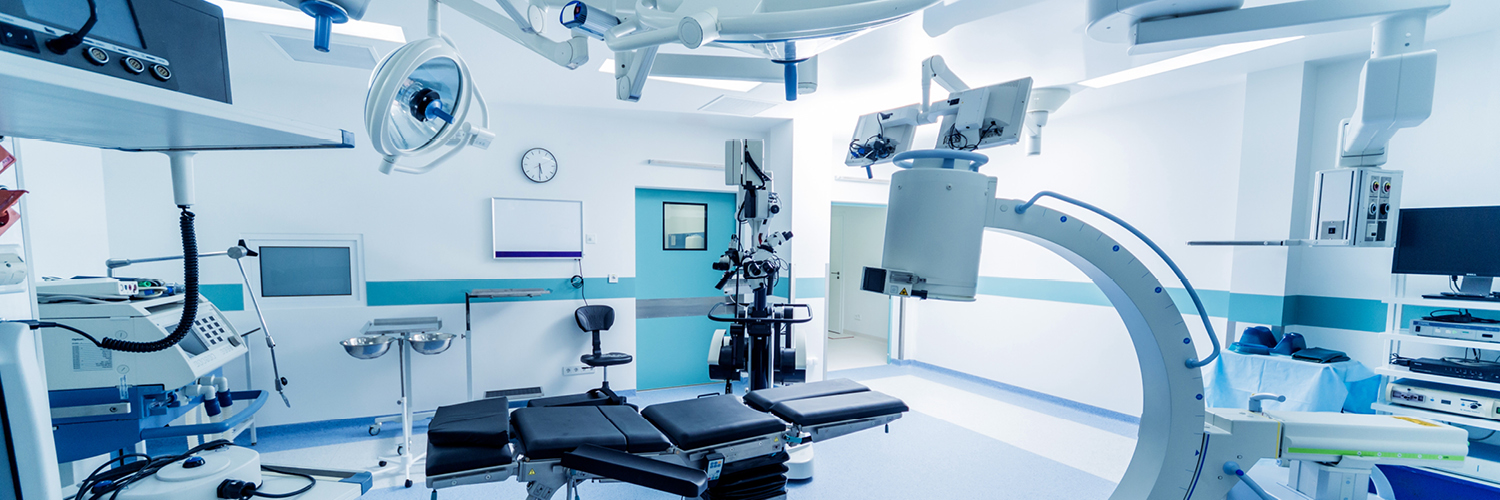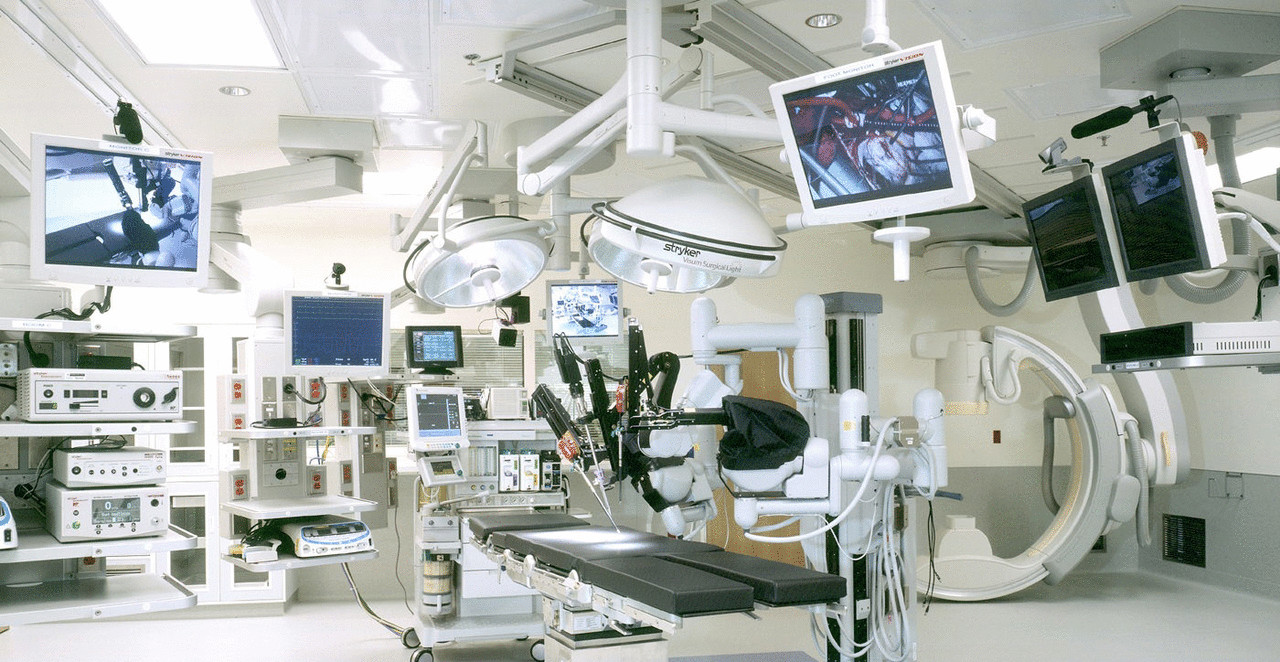10 Secrets Medical Device Traders Won’t Tell You (A Must-Read for International Buyers)
As an international buyer of medical devices, have you ever encountered issues like inconsistent quality, delayed deliveries, or opaque certifications? Many traders won’t voluntarily disclose the industry’s “unspoken rules,” leaving hidden risks in the procurement process. Below are 10 secrets medical device traders won’t openly share—knowing these can help you make smarter decisions and find truly reliable suppliers.
1. “Low Prices” May Mean Inferior or Refurbished Products
Many traders attract customers with ultra-low prices, but what they actually offer could be:
– Refurbished or used equipment (repackaged and sold as “new”)
– Substandard alternative materials (e.g., cheap plastic instead of medical-grade materials)
– Non-original parts (compromising device performance and safety)
Solution: Request original manufacturer authorization, material test reports, and conduct factory audits to verify production processes.

2. CE/FDA Certifications Might Be “Paper-Only”
Some traders claim their products are CE/FDA-certified, but in reality:
– Certifications may only cover certain models, not the product you’re purchasing
– Certificates could be forged or obtained through “gray channels”
– Lack of ongoing compliance—later production may not meet standards
Solution: Ask for certificates issued by a Notified Body and verify authenticity on EUDAMED or the FDA’s official website.
3. Delivery Delays Are the Norm, Not the Exception
Many traders promise “4-6 week delivery,” but delays often occur due to:
– Unstable supply chains (reliance on imported core components)
– Insufficient production capacity (manufacturing only after receiving orders)
– Logistics issues (customs delays, shipping schedules)
Solution: Choose suppliers with in-house factories + stable inventory and include penalty clauses for delays in contracts.
4. Sample Quality ≠ Bulk Order Quality
Traders may provide carefully prepared samples, but bulk shipments could feature:
– Material downgrades (e.g., stainless steel replaced with ordinary steel)
– Simplified processes (skipping sterilization steps to cut costs)
– Non-original replacement parts (using inferior consumables)
Solution: Stipulate in the contract that “bulk goods must match samples” and arrange third-party inspections.
5. After-Sales Support Might Be “Non-Existent”
Many traders fail to deliver post-sale services, such as:
– No technical training, leading to improper device use
– Slow repair responses or ignored warranty claims
– Discontinued critical parts, leaving devices unmaintainable
Solution: Select suppliers offering localized global after-sales support + long-term spare parts supply, and sign clear service agreements.
6. They Might Just Be “Middlemen,” Not Actual Manufacturers
Many self-proclaimed “factories” are actually:
– Lacking production lines, merely reselling products
– Charging high markups (30%-100% or more)
– Unable to control quality or delivery timelines
Solution: Demand video factory tours to confirm production capabilities and R&D teams.
7. Packaging and Labeling May Carry Compliance Risks
Some traders cut corners by:
– Using non-compliant labels (e.g., missing UDI codes)
– Inadequate packaging protection, causing transport damage
– Altering production dates or expiration periods
Solution: Require label samples compliant with your market’s regulations and prioritize checks during inspections.
8. They Might Lack Complete Technical Documentation
Medical device imports typically require:
– Technical Files (TF)
– Risk analysis reports
– Clinical evaluation data
Yet many traders can’t provide complete documentation, leading to customs clearance issues.
Solution: Request a technical documentation checklist upfront to ensure compliance with MDR/IVDR or FDA requirements.
9. Payment Terms Could Hide Risks
– 100% upfront TT payment → Risk of non-delivery after payment
– No quality retention fee → Difficult to claim compensation for defects
Solution: Opt for instalment payments (e.g., 30% deposit + 70% upon BL copy) or use Letters of Credit (LC) for security.
10. They Might Not Understand Your Market’s Regulations
Many traders only know Chinese standards but are unaware of:
– EU MDR/IVDR updates
– FDA 510(k) changes in the U.S.
– Special requirements in GCC or Southeast Asian markets
Solution: Choose suppliers with export experience or partner with local compliance experts.
How to Avoid These Issues?
To secure a truly reliable medical device supplier, ensure they offer:
✅ Direct manufacturing (no middlemen)
✅ Verifiable, full certifications
✅ Transparent supply chains (open to audits/inspections)
✅ Long-term after-sales support
📩 Contact Us for:
✔ Compliant medical device procurement solutions
✔ Factory audits + inspection services
✔ Global logistics + customs clearance support
Get a free procurement guide today!
👉 [ www.medical007.top ,
e: medical007.top@gmail.com ,
+86-13958401559 (WhatsApp) ]
Make Your Medical Device Procurement Safer and More Efficient!

